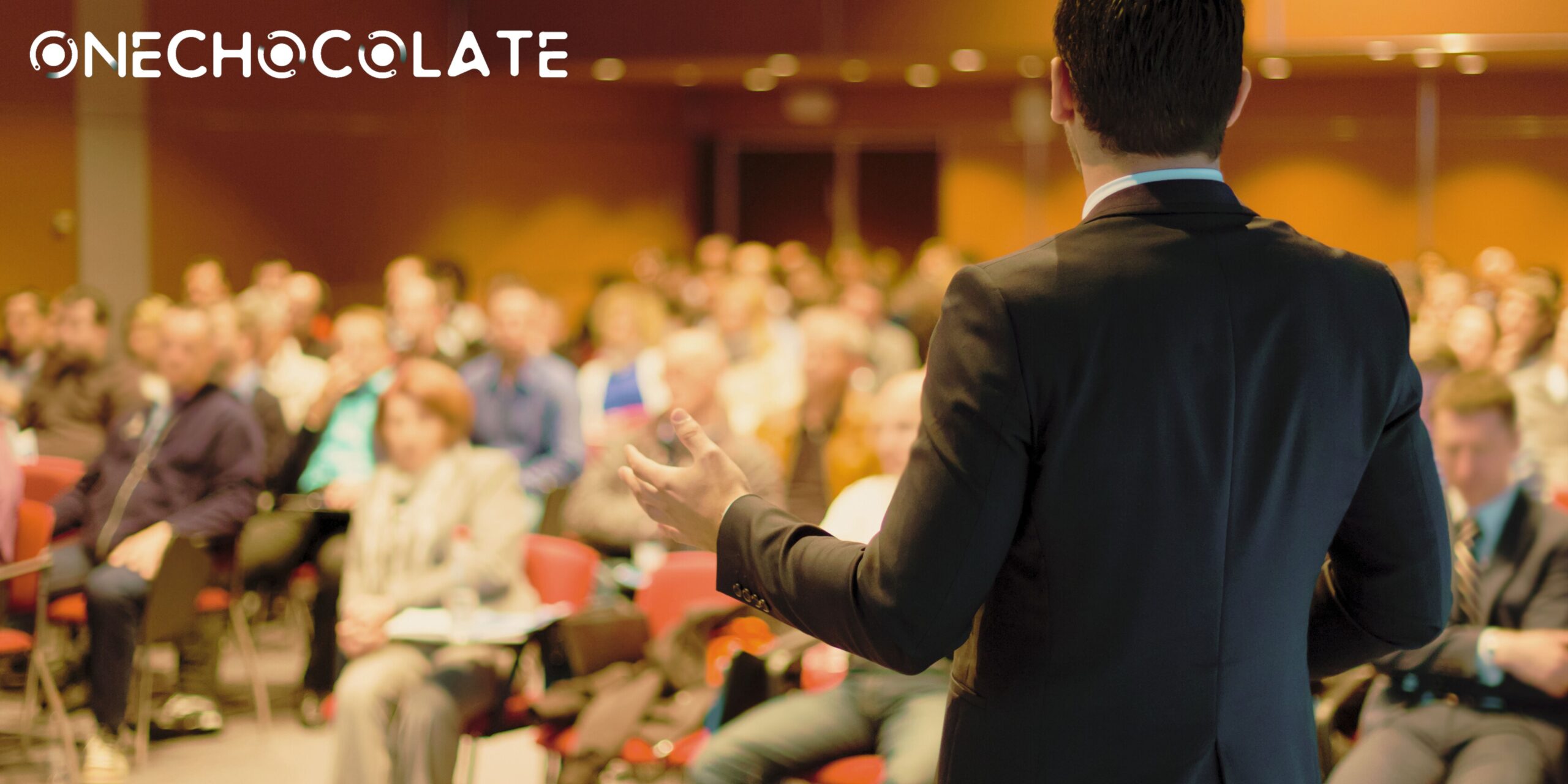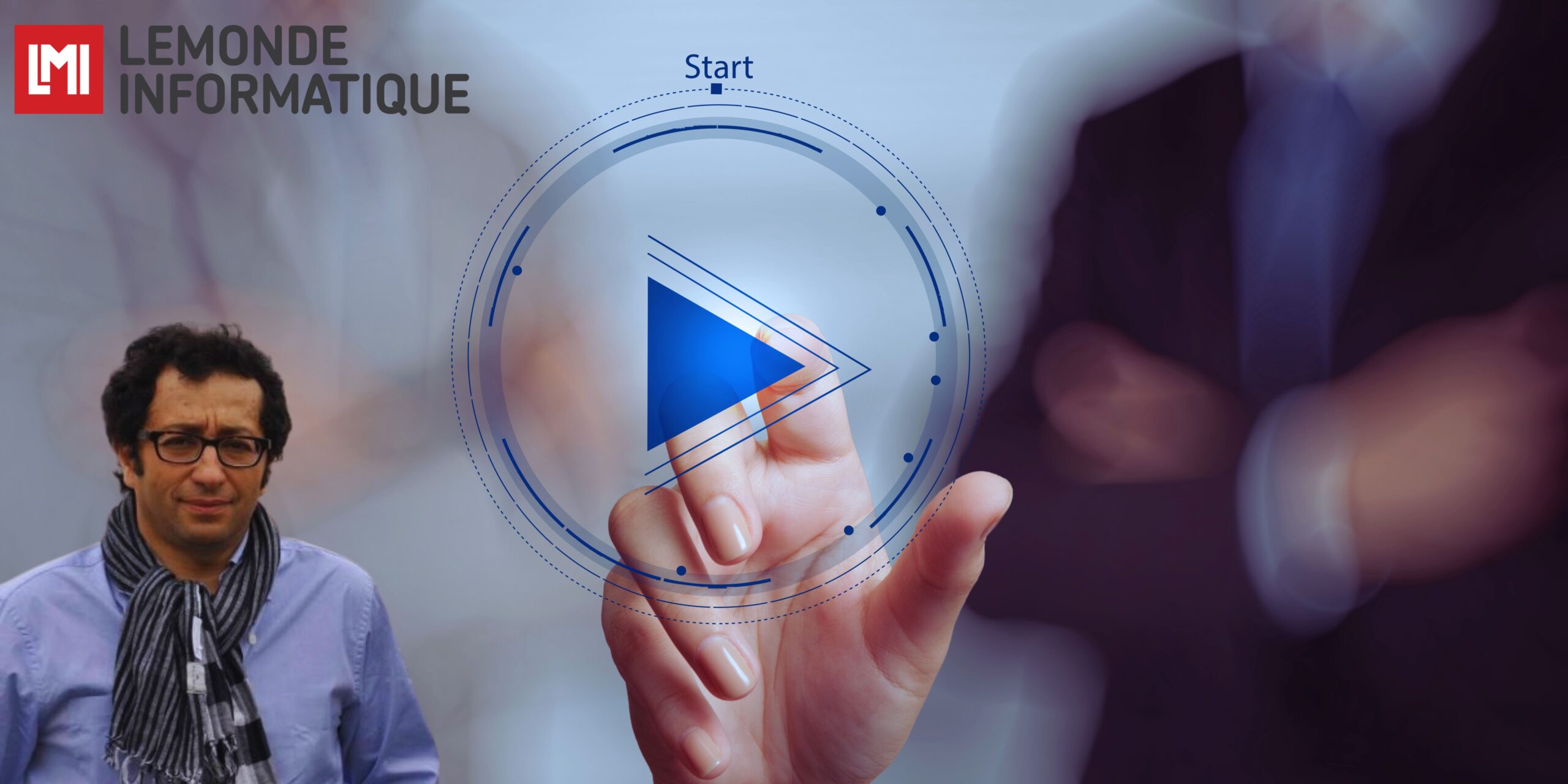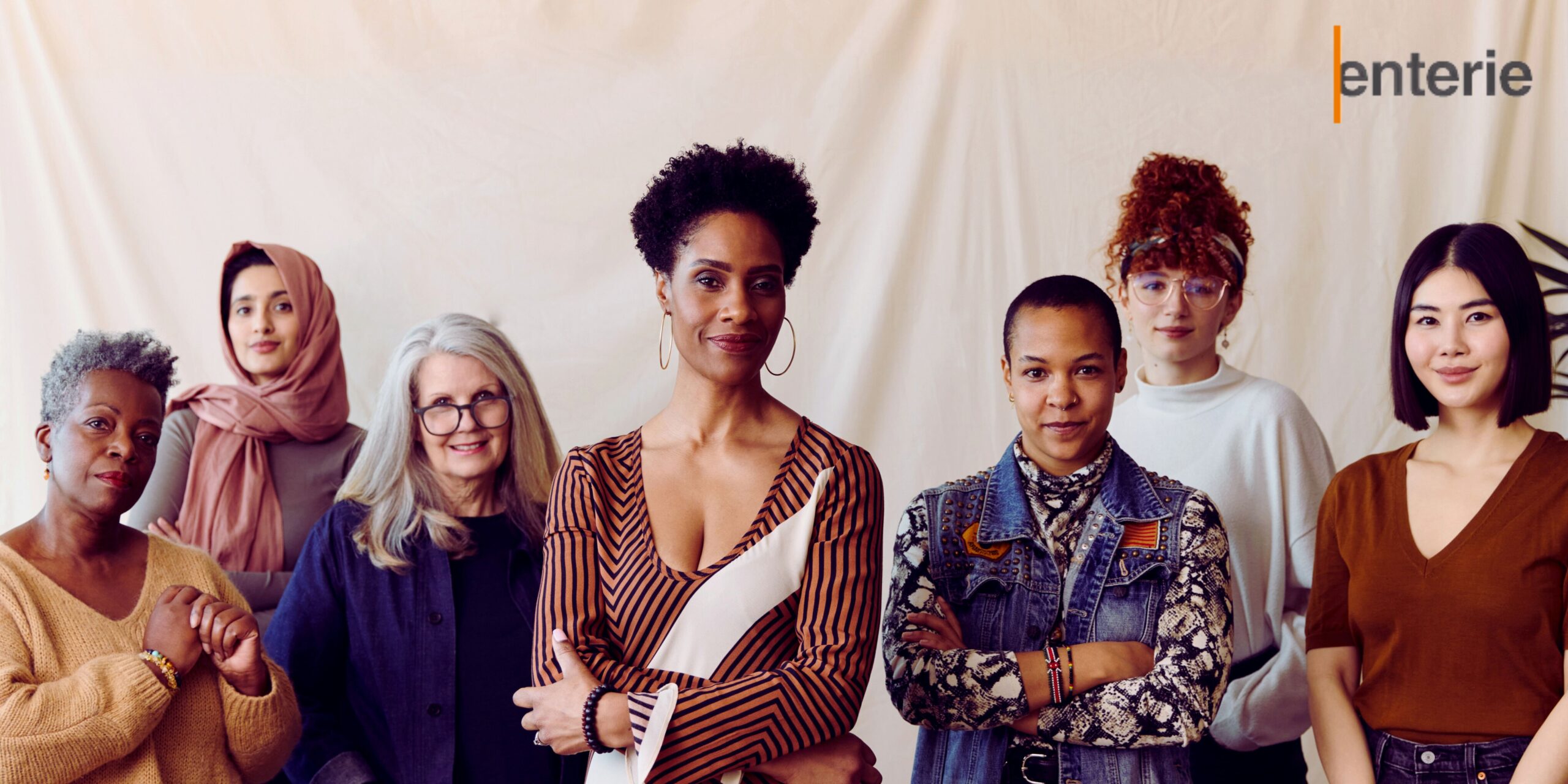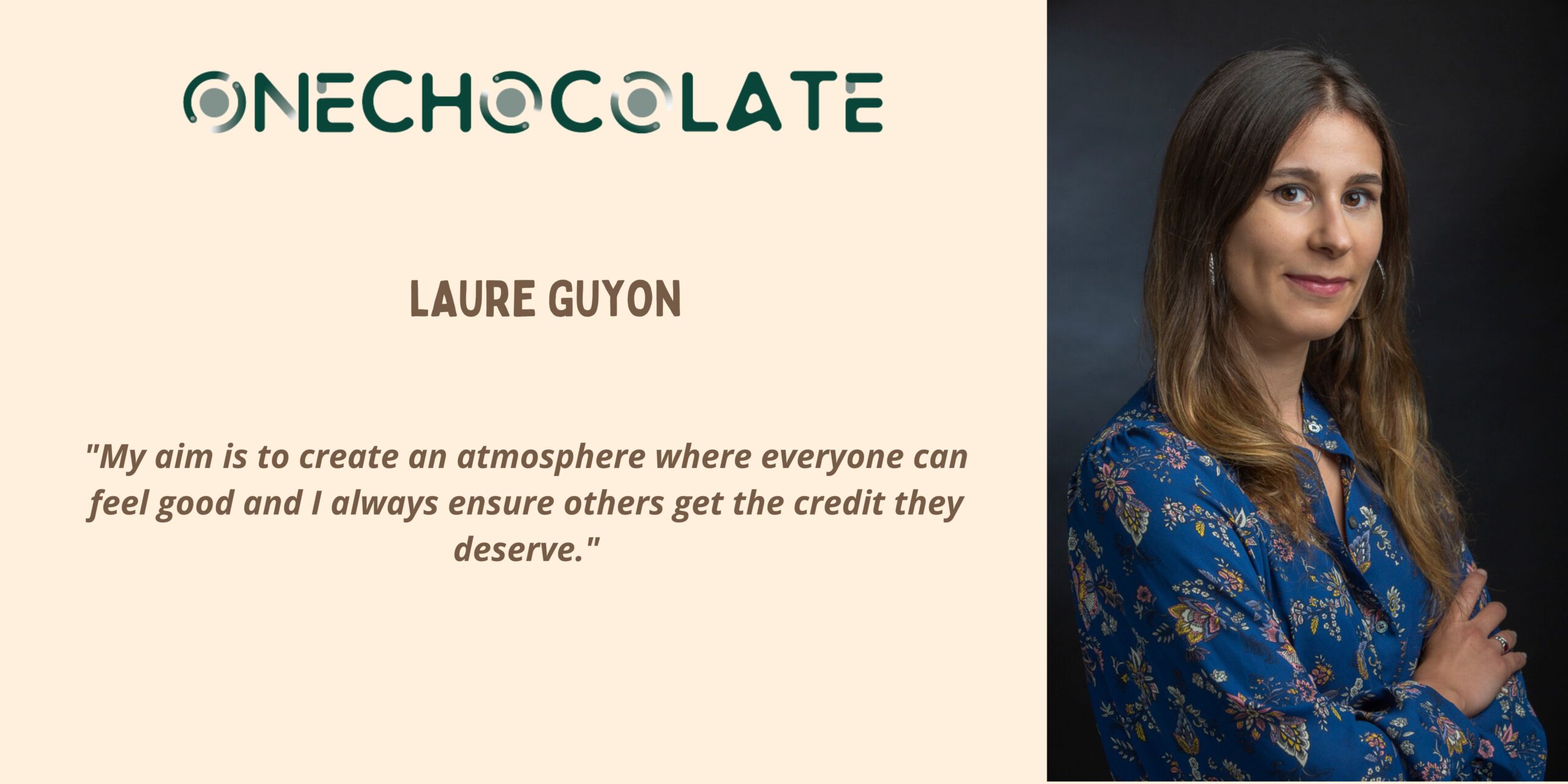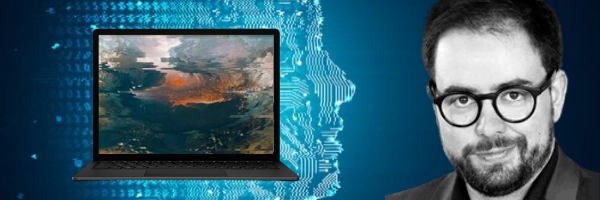
Journalists have the floor: interview with Julien Baldacchino, radio IT commmentator at France Inter
Julien Baldacchino, radio commentator and web journalist for France Inter, follows international tech news closely and puts forth a new topic every week in his morning radio segment “Net Plus Ultra”. We were lucky enough to meet him and ask him how he felt about the current balance of power in the tech sector. Conversation with a “mainstream nerd”, as he calls himself.
How do you define the weekly topic you address on your “Net Plus Ultra” segment?
It is a delicate balance between a hot topic and my own areas of interest. Some weeks, there is no debate, because a subject clearly supersedes all others – the Consumer Electronic Show, for example. Other times, I cover topics other editorial departments within France Inter pass along to me, when they could not address it on air. My segment gives them an opportunity to fill a gap: this was the case with the controversy over Lidl’s cooking robot, Monsieur Cuisine (Editor’s note: this robot, surprisingly, contained a microphone).
I mostly monitor Twitter, but I also go to tech fairs, like VivaTech or Virtuality. I rarely broadcast interviews because my airtime is too short, but I use the ones I conduct during these events to write my reviews.
Have you always been passionate about high-tech or did you simply seize an opportunity as it presented itself?
Tech and everything that surrounds it have always interested me. I was predisposed for the task. I love testing new apps and products. I am very curious about new tech – the archetype of the “mainstream nerd”. My profile fits my segment on France Inter, for which I try to maintain a generalist approach rather than dive too deeply into the technical aspects. I do not wish to lose any of my audience, whatever their degree of expertise.
Where do you stand when it comes to technological innovation: optimist or pessimist?
Nowadays, a person who reads those rather alarmist articles may be under the impression that robots and AIs will make us stupid, steal our data, and lead us to our doom. I have a more nuanced view – I think technology does not have the power to alter the world’s destiny, that it depends on how it is used. Technology is merely a tool; it cannot shape our future, of its own accord. In my eyes, the fear it causes stems from the use we make of it. For example, DeepFace technology intrigues me, because it opens a whole range of possibilities when it comes to artistic creation; the issues voiced about it, however, are born from its distortion by politics who follow their own agenda, which provides material for fake news. I find it terrifying.
Regarding tech, what piques my interest most is that it contains the seeds of both Heaven and Hell. Each new product has two sides – one is positive and powerful, the other dangerous and subject to misuse. Black Mirror, the Netflix-produced TV-show, is quite proficient when it comes to exploiting the idea that every technological innovation brings positive progress, but eventually, it starts being distorted and misused because of a flaw that was not visible at first.
In your view, what is the most notable or the most meaningful innovation of our times?
I would have to say – music and video streaming services. Even though the advances they brought were not revolutionary, they directly affect other fields, especially the film and music businesses and redefines the way content is produced. The Netflix model is starting to become the standard for the way series are produced and broadcasted; nowadays, no-one releases a series one episode at a time, like they used to. When technology is no longer servicing the type of data it conveys and when films, series, and music tracks start adapting to it, then culture is truly at risk. A few years ago, a study reported that, since streaming was invented, intros in songs tend to undergo drastic cuts to prevent the audience from switching to another tune if they are not satisfied with yours in the first few seconds. What is astonishing, in my view, is that the distribution platforms now shape the contents, which makes businesses that have control over the platforms nearly all-powerful.
And which tech will least impact our lives, according to you?
In terms of its evolution and prospects, the one I have the strongest doubts about is virtual reality (VR). Even though most experiences I had with this tech were mind-boggling, the idea behind VR is to keep people under a helmet and isolate them from the rest of the world, which is incompatible with a collective experience. Even if it has many working applications in cultural heritage or cooperative video games, I think some of the drawbacks – like the hefty devices and the significant investments it requires – will never be overcome. This will restrain VR to a few specific use cases.
I believe in Augmented Reality, however, which allows users to roam through a real site while being fed additional data. So far, when you use augmented reality, you are still aware that you are using a tech; but when the experience will be seamless, it will have reached its ultimate goal.
Mainstream media tend to focus more and more on technological innovation. Do you feel it has enough exposure and, most importantly, what do you think of the way it is displayed?
I think the futuristic fantasies that were trendy around the year 2000 have finally winded up, but I fear we may now be going down a path where alarmist and conspiracy theories are given too much credit. However, I find the way mainstream media approach technology rather well-balanced, even though negative news, like stealing data or identifying a misuse of technology, will always get more exposure.
More and more people would be willing to relinquish their car, but not Netflix, which shows how integral it has become to our daily routines. And, contrary to the awareness raised about the pollution generated by individual transportation, the public does not yet understand the environmental impact of the Internet – Amazon’s data centers and warehouses, for example, require a lot of energy and leave a significant footprint. It will probably be one of the main challenges ecologists will have to take up in coming years and it will not be an easy task, given how these technologies are embedded in our everyday lives.
Elodie Buch
